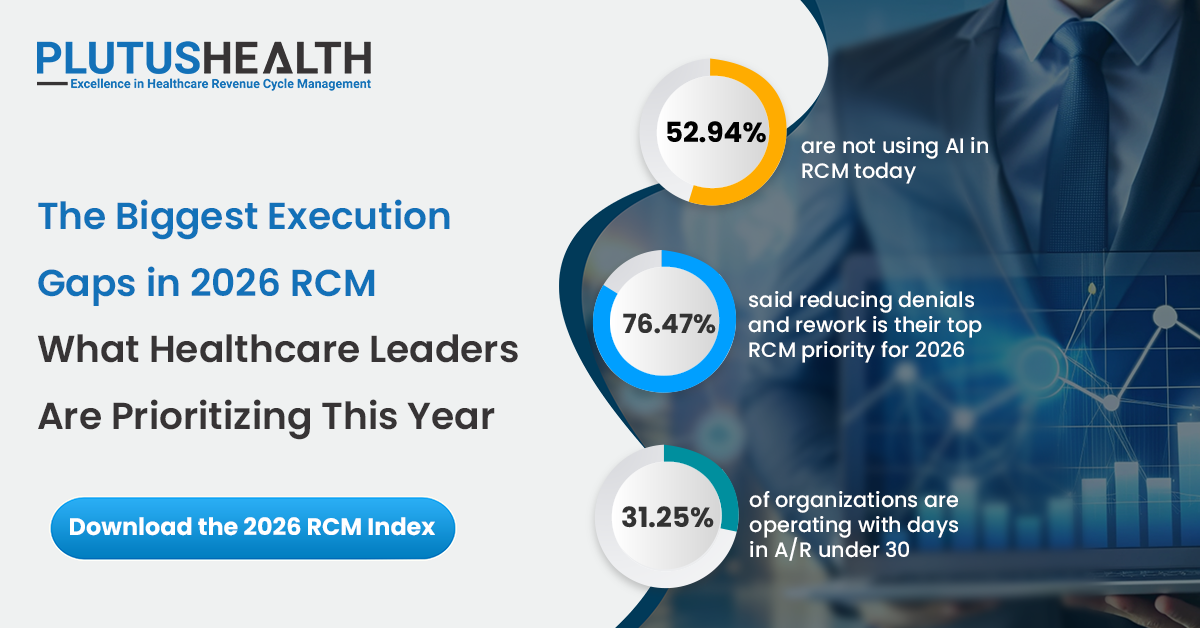How Robotic Process Automation is revolutionizing medical billing in healthcare
Artificial intelligence (AI) is the leading disruptor of healthcare, but not all stakeholders and executives in the medical field understand what it is and how it can help. AI technically pertains to the ability of a machine to imitate a human’s way of communicating, making deductions, and sensing things. Healthcare practices have yet to include machine learning algorithms and natural language processing into their daily workflow. But robotic process automation or RPA is getting their attention—particularly RPA in medical billing.
RPA is a transformative technology that reduces labor costs and the time required to complete tasks. Adopting RCM solutions with robotic process automation will help mechanize rule-based, high-volume, and repetitive processes to reduce cycle time and errors, streamline operations, and boost efficiency.
RPA in medical billing is revolutionizing healthcare as it eliminates human error in rule-based and repetitive tasks. Moreover, it frees up staff to focus on other non-standard and more complex activities that require their attention. RPA uses intelligent bots that work 24/7 on behalf of the in-house staff but without errors. They help improve the efficiency of aggregating information from multiple sources and integrating other requisite tools without costly interfaces.
RPA in RCM solutions leads to better employee satisfaction and enhanced patient experience. Automating tasks like scheduling, appointment reminders, claim management, and billing can improve a healthcare facility or practice’s ability to deliver better patient care every time. It may even enhance regulatory compliance and security to protect patient data.
Experience RPA in medical billing with the revenue cycle management solutions from Plutus Health. We specialize in providing end-to-end RCM solutions that are HIPAA compliant, which makes us trusted by US healthcare providers. Our process combines robotic process automation and machine learning to address your most frustrating issues so you can improve your percentage of clean claims and boost your revenue. Get started with a free revenue health analysis.




















































